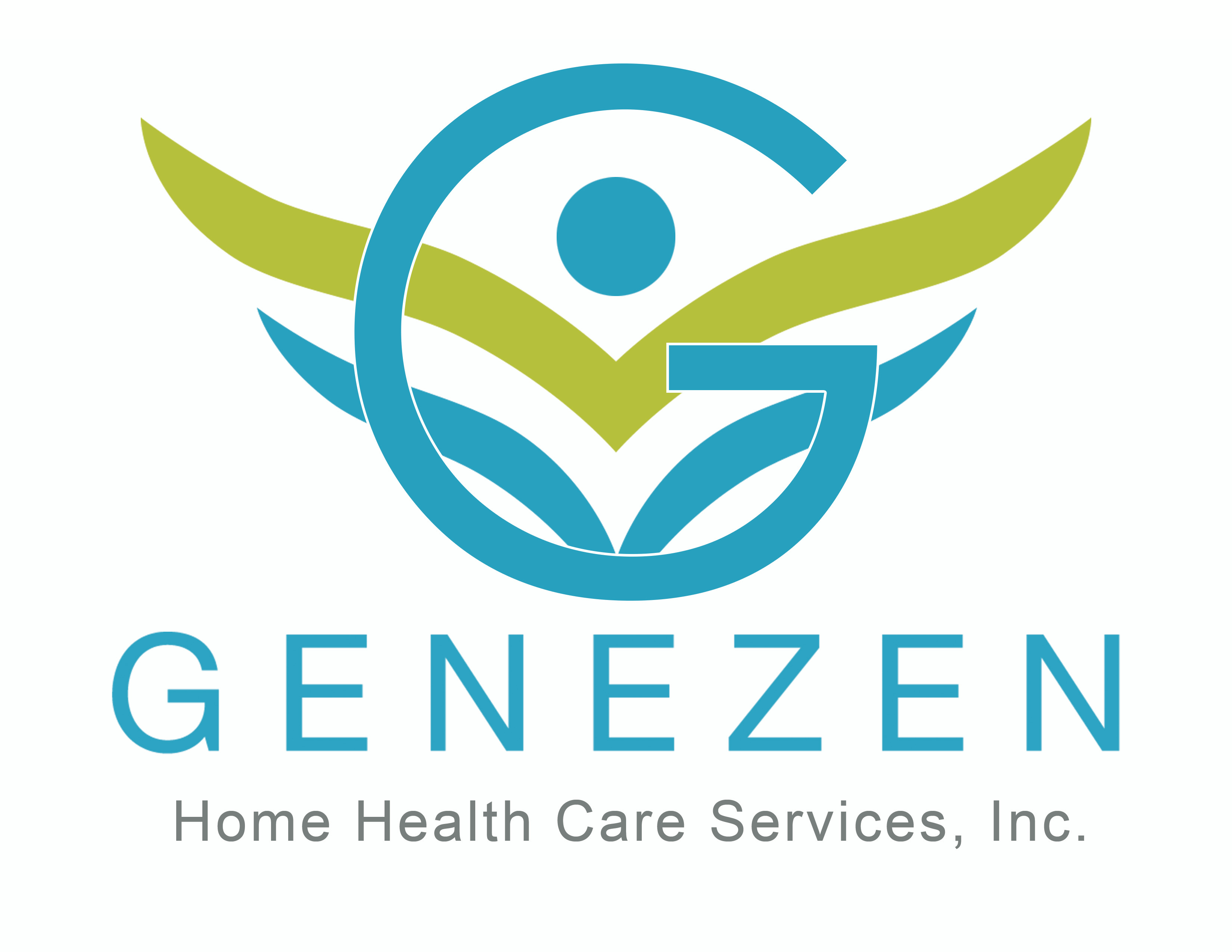When children are diagnosed with Attention-Deficit/Hyperactivity Disorder (ADHD), concerns usually center around focus, behavior, and school performance. But many parents find themselves asking, “Does ADHD Affect Speech?” The answer is often yes. Children with ADHD may have trouble expressing their thoughts clearly, following multi-step instructions, or engaging in smooth conversations. These speech and communication challenges can impact both learning and social development. You might wonder again, “Does ADHD Affect Speech in ways we didn’t expect?” Understanding these patterns is key. A certified speech-language pathologist (SLP) can help identify these difficulties and offer targeted strategies for improvement. This article will address the question, “Does ADHD Affect Speech,” and show how speech therapy can be a powerful tool in supporting your child’s communication growth
Does ADHD Affect Speech in Children?

ADHD is a neurodevelopmental disorder that affects around 5-7% of children worldwide. Children with ADHD often struggle with inattention, hyperactivity, and impulsivity. While these symptoms are usually the primary focus, ADHD can also significantly impact a child’s communication abilities.
Core Symptoms of ADHD:
ADHD is a complex disorder that involves a combination of inattention, hyperactivity, and impulsivity, often interfering with an individual’s ability to focus, organize, and complete tasks. Understanding the core symptoms of ADHD is essential for effective diagnosis and treatment.
- Inattention: Trouble staying focused, difficulty following through on tasks, forgetfulness.
- Hyperactivity: Excessive movement, fidgeting, and an inability to stay seated.
- Impulsivity: Acting without thinking, interrupting others, making hasty decisions.
How ADHD Affects Communication:
When asking the question Does ADHD Affect Speech, the answer often lies in how children with ADHD process and express their thoughts. Their impulsivity can lead to frequent interruptions, while inattention may cause them to miss key parts of a conversation. These challenges impact both speech and language development, making social interactions and school tasks more difficult. Understanding how Does ADHD Affect Speech is essential in recognizing the full scope of communication difficulties children with ADHD may face.
How ADHD Affects Speech and Language Development

ADHD can interfere with a child’s ability to develop age-appropriate speech and language skills. Here’s how:
Speech Impairments Common in ADHD:
- Impulsive Speech: Children may speak out of turn, interrupting conversations.
- Speech Fluency: Some children with ADHD may have difficulty with fluency, exhibiting speech hesitations or stuttering.
- Language Processing Difficulties: Children might struggle to understand or organize thoughts, making it harder for them to communicate effectively.
Speech and Language Delays vs. Speech Challenges in ADHD:
ADHD-related speech issues are often more about difficulty organizing thoughts and focusing, rather than a delay in speech development. It’s important to recognize that speech problems stemming from ADHD can be different from delays seen in children with other developmental disorders.
Key Areas Affected by ADHD in Speech:
The symptoms of ADHD often interfere with effective social interaction and language processing, creating challenges in both casual and formal settings.
- Expressive Language: Children may have trouble finding the right words or organizing their ideas clearly.
- Receptive Language: Difficulty following instructions, especially multi-step directions, or understanding abstract concepts.
- Pragmatic Language: Challenges in using language appropriately in social situations, such as taking turns in conversation or reading non-verbal cues.
How ADHD Symptoms Interfere with Communication Skills

Wondering “Does ADHD Affect Speech?” The answer lies in how its core symptoms impact communication. Inattention, Hyperactivity, and impulsivity can disrupt a child’s ability to listen, process information, and respond clearly—making everyday conversations more challenging and frustrating for both the child and those trying to connect with them.
1. Inattention and Communication:
- Listening Skills: Children with ADHD may struggle to pay attention during conversations, making it difficult to follow discussions or respond appropriately.
- Comprehension Issues: They might miss key information in verbal instructions, which can lead to misunderstandings.
2. Hyperactivity and Speech:
- Talking Too Much: Hyperactive children often talk excessively, without considering if it’s the right time to speak.
- Speaking Too Quickly: Children may rush through sentences, which can make their speech hard to understand.
3. Impulsivity and Communication:
- Interrupting Conversations: Impulsivity can cause children to interrupt others frequently, making it hard for them to engage in reciprocal conversations.
- Difficulty with Social Cues: Children may not pick up on social cues like body language or tone, affecting their ability to connect with peers.
How ADHD and Communication Difficulties Affect Individuals

Does ADHD Affect Speech in the long run? Yes—communication struggles linked to ADHD can deeply impact children and teens, often extending into adulthood. These difficulties may influence relationships, academics, and career paths. Without proper support, such as speech therapy, the effects can persist and limit personal and social growth over time.
- Relationship Struggles: Trouble reading cues and frequent interruptions can strain friendships.
- Academic Challenges: Difficulty expressing thoughts clearly can impact learning and confidence.
- Social Isolation: Miscommunication often leads to loneliness and low self-esteem.
- Career Setbacks: Poor communication may hinder job interviews and workplace success.
- Emotional and Behavioral Issues: Early communication problems can lead to long-term frustration and impulsivity.
The Role of a Speech-Language Pathologist (SLP) in ADHD Management

Wondering, Does ADHD Affect Speech enough to need extra help? A speech-language pathologist (SLP) plays a vital role in ADHD management by addressing speech and communication challenges. If your child struggles with expressing thoughts or social interaction, here’s how an SLP can offer support and boost communication skills.
1. Assessing Communication Skills:
- SLPs conduct thorough assessments to evaluate a child’s speech, language, and social communication skills.
- They can determine whether the child’s speech challenges are ADHD-related or due to another issue like a language disorder.
- An SLP will create an individualized therapy plan to address specific speech and language difficulties related to ADHD.
2. Practical Strategies Speech Pathologists Use for Children with ADHD
Here are some of the key strategies that speech-language pathologists use to help children with ADHD improve their communication skills:
Attention-Boosting Techniques:
- Visual Supports: Using pictures, charts, or written reminders to help children stay focused.
- Structured Tasks: Breaking tasks into smaller, manageable steps to improve attention span and focus.
Improving Speech Fluency:
- Slowing Down: Encouraging children to pause between sentences or practice deep breathing to control the speed of their speech.
- Relaxation Exercises: Helping children practice calming techniques to reduce impulsive speech.
Receptive and Expressive Language Skills:
- Building Listening Skills: Practicing following one-step, two-step, or multi-step instructions.
- Expanding Vocabulary: Engaging in exercises that encourage children to use more complex sentences and varied vocabulary.
Pragmatic Language Skills:
- Social Scenarios: Role-playing with the child to practice conversations and improve turn-taking.
- Non-Verbal Cues: Teaching children to recognize and respond to body language, facial expressions, and tone.
How Early Intervention with Speech Pathologists Benefits Children with ADHD

Does ADHD Affect Speech in young children? Yes—and early intervention with a speech-language pathologist can make a huge difference. Identifying and treating communication difficulties early can lead to better social, emotional, and academic outcomes. Here’s why early support matters for kids navigating both ADHD and speech challenges.
- Better Academic Success: Improved communication leads to better performance in school, as children will be able to follow instructions, participate in discussions, and engage with peers.
- Improved Social Skills: Children who receive speech therapy early can develop stronger relationships with peers, as they’ll be better able to converse and understand social norms.
- Increased Confidence: By improving their communication skills, children with ADHD gain more self-confidence in both social and academic settings.
Common Myths and Misconceptions About ADHD and Speech Issues
There are many misconceptions about ADHD and its impact on speech. Let’s debunk some common myths:
- Myth 1: ADHD Only Affects Behavior, Not Communication Skills.
- Truth: ADHD affects more than just behavior. It can significantly impact speech and language, making communication a challenge for many children.
- Truth: ADHD affects more than just behavior. It can significantly impact speech and language, making communication a challenge for many children.
- Myth 2: Speech Therapy Is Only for Children with Speech Delays.
- Truth: Speech therapy can benefit children with ADHD even if they don’t have a traditional speech delay. The focus is on improving communication, not just language development.
- Truth: Speech therapy can benefit children with ADHD even if they don’t have a traditional speech delay. The focus is on improving communication, not just language development.
- Myth 3: Children Grow Out of ADHD-Related Speech Problems.
- Truth: Without proper intervention, speech challenges related to ADHD can persist and affect social and academic growth. Early therapy can help reduce these long-term effects.
- Truth: Without proper intervention, speech challenges related to ADHD can persist and affect social and academic growth. Early therapy can help reduce these long-term effects.
How to Find a Good Speech Therapist in Mission Viejo, California

Finding the right speech-language pathologist (SLP) is crucial for your child’s success. If you’re in Mission Viejo, California, here’s how to find a qualified professional:
1. Start with Referrals
Ask your child’s pediatrician for recommendations. Teachers and other healthcare providers may also have suggestions.
2. Check Credentials
Ensure that the speech therapist is licensed by the American Speech-Language-Hearing Association (ASHA) and has experience with the specific challenges ADHD presents.
3. Read Reviews and Testimonials
Online reviews and testimonials from other parents can give insight into the SLP’s effectiveness and approach.
4. Consult for an Evaluation
Many SLPs offer initial consultations or evaluations. Use this opportunity to assess whether the therapist is a good fit for your child’s needs.
Helping Mission Viejo Children with ADHD Find Their Voice Through Expert Speech Therapy
ADHD can significantly affect a child’s speech and communication skills, from difficulty expressing thoughts to challenges with listening and social interaction. These issues can impact academic success and self-esteem—but with early intervention and support from a skilled speech-language pathologist (SLP), children can make meaningful progress. If you suspect your child is struggling with communication due to ADHD, don’t wait. Early action can lead to lasting improvement in their ability to connect, learn, and thrive.
If you live in Mission Viejo, California, and think your child could benefit from speech therapy, consider reaching out to Genezen Home Health Care. We offer professional, compassionate speech-language therapy tailored to children with ADHD and other communication challenges. At Genezen, we proudly serve all families and do not discriminate based on race, color, ethnicity, gender identity, religion, age, or disability. Contact us at [(949) 380-6930] or visit our facility to learn more about how we can support your child’s communication journey—because every child deserves the opportunity to be heard, understood, and confident.


